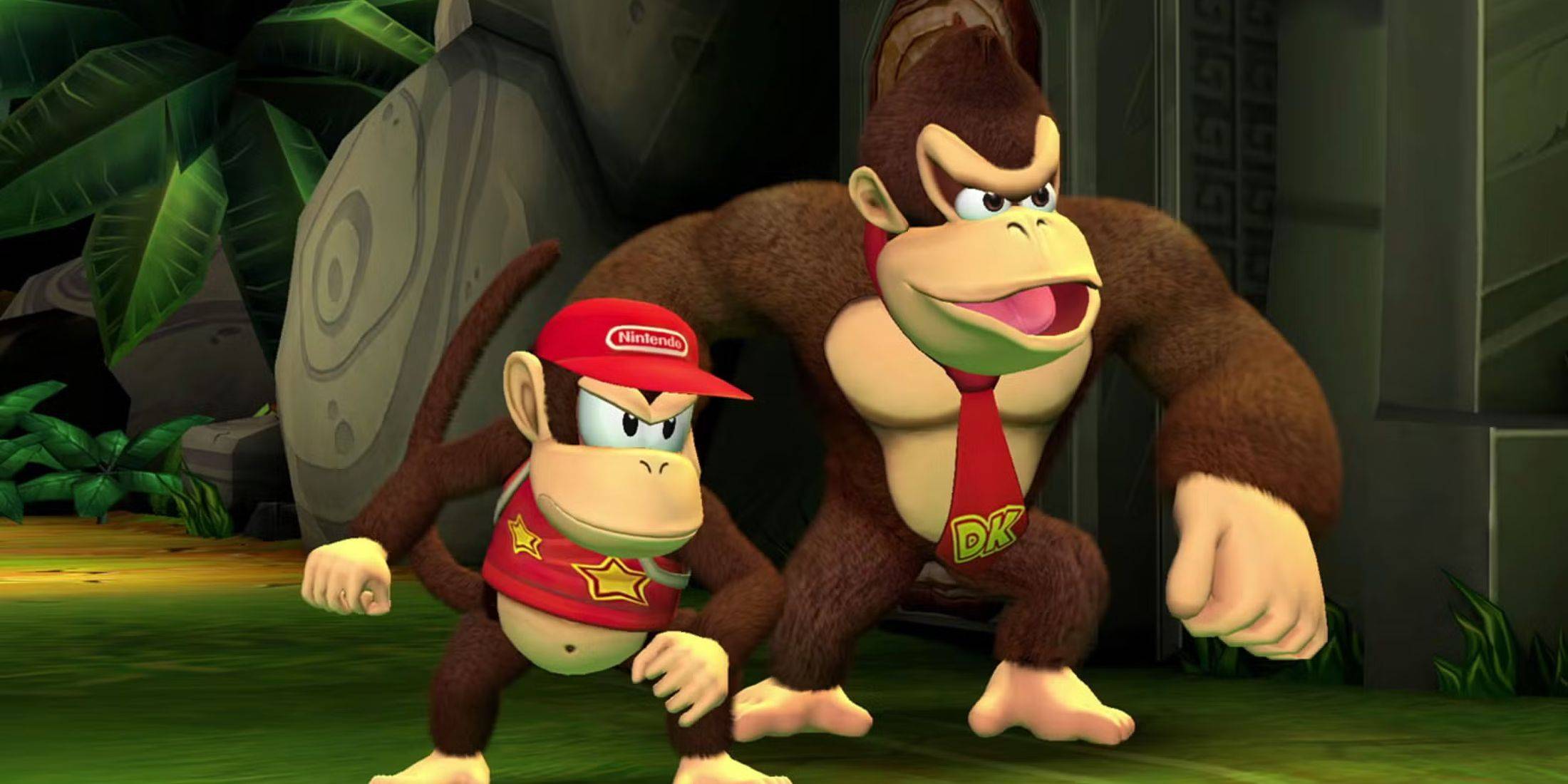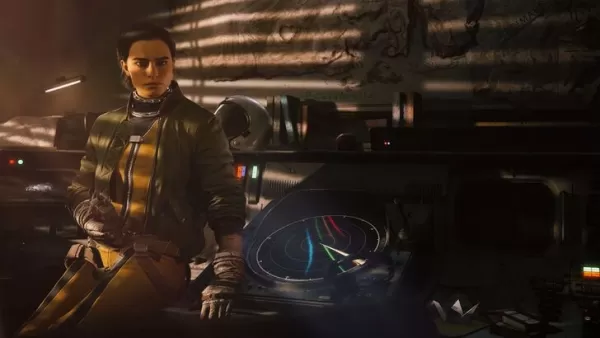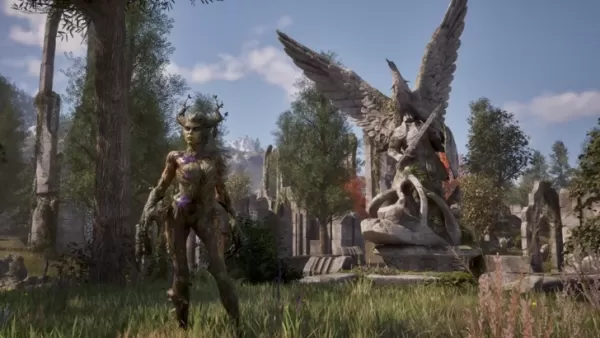
Summary
- Nintendo excluded Retro Studios' developers from the Donkey Kong Country Returns HD credits.
- Nintendo's history of shortened credits in remastered games has faced criticism from developers.
The upcoming release of Donkey Kong Country Returns HD confirms the omission of Retro Studios' original developers from the remastered version's credits. Launching January 16, 2025, this Nintendo Switch title remasters the 2010 Wii platformer.
The Nintendo Switch, boasting portability and a vast library of classic titles, is a leading contemporary retro gaming platform. Nintendo actively remasters and remakes classics, adding enhancements and new content. Recent examples include the Super Mario RPG remake and remasters of Advance Wars and the Famicom Detective Club games.
This trend extends to the Donkey Kong Country series. Pre-release reports confirm that Nintendo omitted Retro Studios' staff from Donkey Kong Country Returns HD's credits. As noted by Nintendo Life, credits only list Forever Entertainment, the porting and enhancement studio, and those who worked on the 3DS version. Instead of full Retro Studios credits, a line acknowledges the original development team.
Nintendo Omits Retro Studios From Donkey Kong Country Returns HD Credits
This credit condensation aligns with Nintendo's approach to other Switch re-releases. In 2023, Zoid Kirsch, a former Retro Studios programmer (on the first two Metroid Prime games), criticized Nintendo for excluding original Metroid Prime Remastered credits. He expressed disappointment, and other developers echoed concerns about this "bad practice" of omitting original teams from remasters and remakes.
Crediting is crucial for developer career building. Even in remasters, crediting original developers shows appreciation for their work. Nintendo also faces accusations of insufficient translator crediting, sometimes using restrictive NDAs preventing acknowledgement of work on key franchises like The Legend of Zelda. Growing public criticism of inadequate crediting practices may pressure publishers, including Nintendo, to change their methods.















